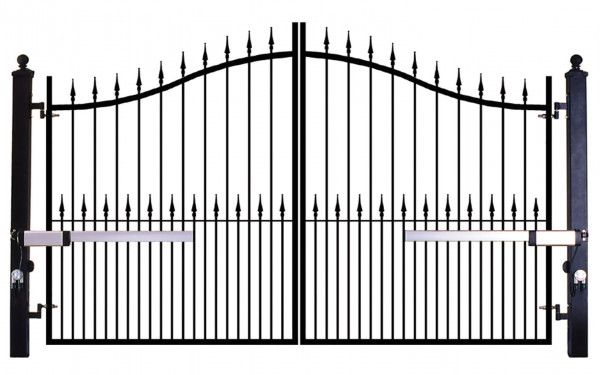Weapons and Words
When we were kids, it wasn’t uncommon for our parents to tell us to use our words, not our fists. The idea was that physical violence was more hurtful than verbal confrontation.
In Might Makes Right: News Reportage as Discursive Weapons in the War in Iraq, however, Concordia journalism professor Mike Gasher casts doubt on that, writing that language is one of the most powerful weapons of war.
It goes even further, however. In media-making every day, the words the press deploys go beyond the Bush administration’s manipulation of meaning as they described and reported on the Iraq war.
By ‘parroting’ words used by the government and media, “journalists covering those policy decisions could be seen as reporting facts, when in fact what they were doing was granting legitimacy to partisan political interests and goals.”
A news story can be spun under the weight of a single word. When you hear the phrase ‘global warming,’ for example, it paints a picture of melting glaciers and a single polar bear strapped on a sheet of ice surrounded by ocean—but this is not necessarily reality.
Using ‘climate change’ in its place might portray a more holistic picture, encompassing all the things really going on. Alternately, using ‘climate change’ could be meant to pare down the gravity of rising temperatures.
All this to say that words really matter. Words that journalists use almost interchangeably in the media often require more care, and can have completely different connotations.
Consider this short list of ‘synonyms’ and see which option incites less panic.
crisis vs. emergency
hike vs. raise
tar sands vs. oil sands
activists vs. protesters
separatists vs. nationalists
lobbyists vs. pressure groups
terrorist vs. insurgent
mafia/mob vs. organized crime
depression vs. recession




Webedit_600_375_90_s_c1.jpg)
_600_375_90_s_c1.jpg)
